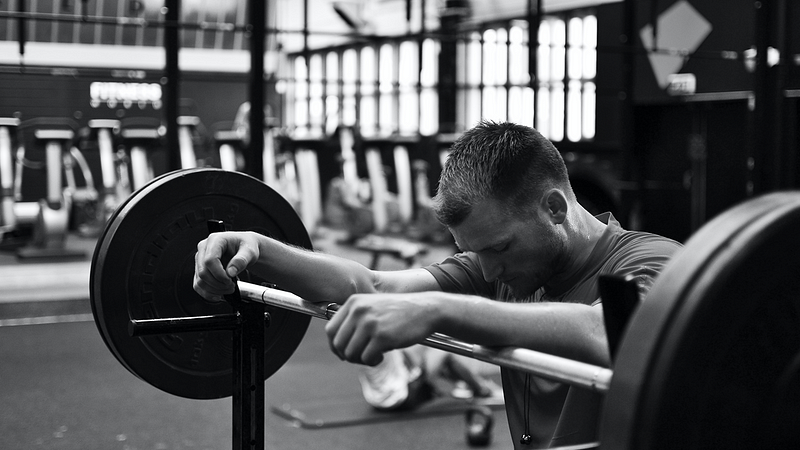Navigating the Inequities of Fitness: 3 Essential Truths
Written on
Chapter 1: Life's Inequities in Fitness
You've probably heard it before: life isn't fair. Some individuals have numerous advantages, while others possess remarkable talent. A fortunate few enjoy both. If you find yourself outside these fortunate categories, it can be disheartening. However, this doesn't mean you can't reach your personal goals.
Success is achievable—and often likely—once you acknowledge the unfairness inherent in life. By accepting your limitations, ceasing to make excuses, and taking action, especially in the realm of health and fitness, you can pave your own path to success.
It starts with recognizing these fundamental truths about yourself and others.
Talent Varies Greatly
Let’s consider my friend Dan as an example.
Dan is a remarkable athlete. He played multiple sports—baseball, soccer, and basketball—without ever sustaining an injury. He can run long distances for weeks without a hitch, and even when he lifts weights haphazardly, he still manages to avoid injury.
Dan is a physical marvel, and his success can largely be attributed to his genetics. Most of us do not share Dan’s natural gifts. Personally, I have to exert twice the effort for half the results. While this may be frustrating, it's essential to accept reality.
Instead of lamenting why you aren’t more like Dan, focus on your own journey. Your only true competitor is yourself. Track your own progress, whether it’s in strength, speed, or resilience—metrics where you can influence the outcome.
Talent isn't equally distributed, and accepting this is crucial.
Resources Are Unequally Distributed
Some individuals come into the world with better circumstances, which significantly impacts their access to essential resources.
Diet plays a crucial role in fitness; healthier eating leads to improved fitness. Yet, not everyone can maintain a nutritious diet. Financial constraints can limit access to quality food, which tends to be expensive due to production, packaging, and shipping costs. Geographic location can also pose challenges, as some areas lack access to fresh, healthy options.
Moreover, the availability of fitness facilities can vary widely. Urban areas often provide numerous gym and studio options, while rural regions may have limited choices.
Maximize what you have, and be realistic about your circumstances. Complaining about what could be will only hinder your progress. Focus on your own journey rather than comparing yourself to others.
Effort is Key
Returning to Dan—while he possesses extraordinary talent, he often lacks motivation. His natural abilities have led to complacency; he hasn’t had to cultivate the determination that comes from overcoming challenges.
However, effort is something you can control. Whether you stick to your fitness plan, adhere to your diet, or ensure you get enough rest is entirely up to you.
You may not be able to change your genetic makeup or circumstances, but you can choose to work hard and strive for success despite any obstacles.

Chapter 2: Accepting Your Journey
In the video "3 Things You Need to Accept About Other People," Mel Robbins discusses the importance of acceptance in personal growth and relationships. This insightful talk can help you navigate the complexities of human interactions.
The second video, "We Need to Stop V Shred," critiques common fitness misconceptions and emphasizes the importance of making informed choices about health and fitness.
You’ve just read another article from In Fitness And In Health, a community dedicated to sharing knowledge and insights for happier, healthier living. If you’d like to receive more stories like this, consider joining our newsletter.